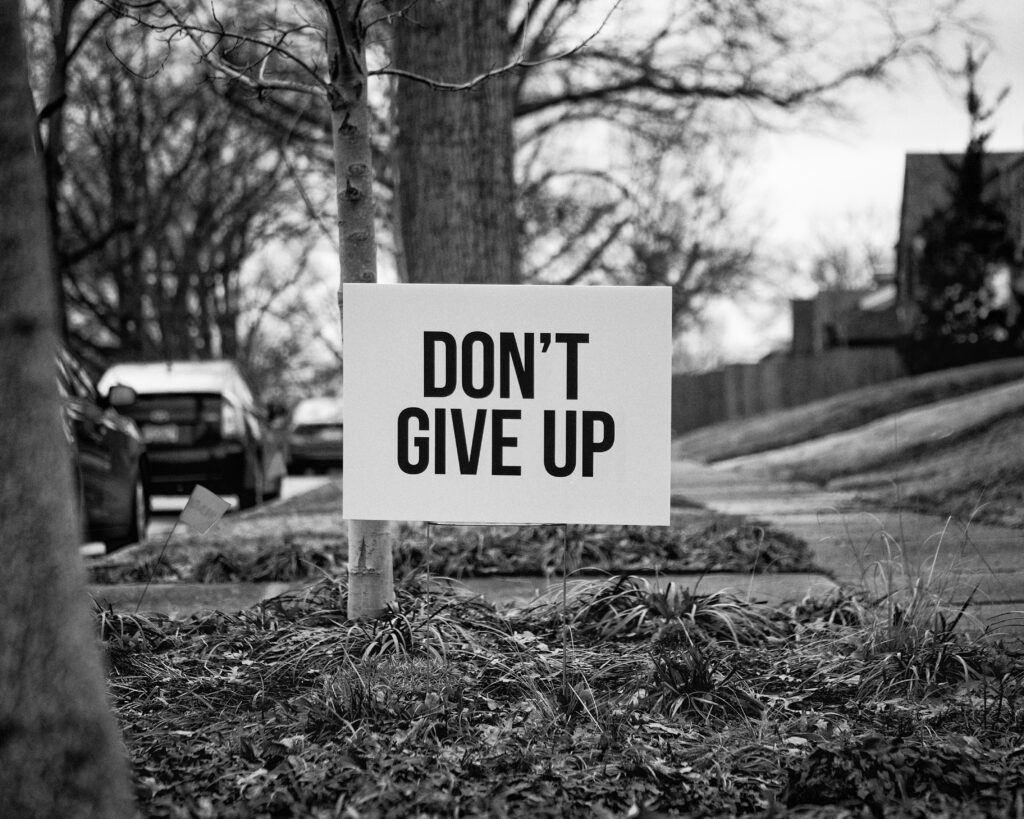Many people enjoy an adult beverage or two during a meal or social gatherings. However, for others, a couple of drinks often morphs into several. Healthcare providers label occasions when social imbibing grows excessive as binge drinking. If not corralled, such a problem could result in serious health, social, and legal consequences.
Binge Drinking Definition
Addiction specialists categorize binge drinking as the consumption of large quantities of alcohol over a relatively short duration. In more scientific terms, the activity is said to occur when an individual’s blood alcohol content reaches .08 or higher in two hours or less. Typically, men reach this plateau after five drinks in a said time frame. Women usually only require four beverages over the same period.
Statistics On Binge Drinking
Many people associate binge drinking with college fraternities and sororities. Unfortunately, however, research has shown the problem extends well beyond college campuses.
Research compiled by the United States Center for Disease Control or CDC has found that binge drinking impacts one out every six American adults. In addition, about 25 percent of these individuals binge drink at least one per week.
The Reasons People Binge Drink
Healthcare providers maintain that there are several reasons individuals engage in this habit including:
Brain Chemistry
Scientists have discovered that some people binge drink because alcohol causes a portion of their brain to release increased quantities of a chemical called dopamine. This substance influences feelings like pleasure. When greater concentrations of dopamine circulate through the brain, impacted individuals often consume more alcohol to help maintain the high it produces.
Peer Pressure
Many people drink simply because their friends, co-workers, family members, or other influential associations do so. Therefore, if the individuals one socializes with consumes large quantities of alcohol over short spurts, those around them tend to follow the group’s behavior.
Easy Accessibility
Alcoholic beverages can be purchased or consumed in countless locations such as restaurants, bars, sporting venues, supermarkets, liquor stores, and convenience stores.
Efficiency
Alcohol’s impact is felt almost immediately. Therefore, those seeking to calm down or loosen their inhibitions can achieve such aims in a short period of time.
Potential Dangers Of Binge Drinking
Binge drinking could yield numerous unwarranted or permanent negative consequences including:
Legal Problems
Those who binge drink stand at an increased risk of encountering potentially serious legal problems brought on by violent physical outbursts or irresponsible behavior like drunk driving. Additionally, such actions could result in harm or death to others and extensive associated jail or prison sentences.
Financial Struggles
Excessive alcohol consumption is costly. The increased need to feed a growing dependency requires the impacted individual to spend larger and larger quantities of alcohol to produce desired results. Moreover, binge drinking could foster addictions leading to declining job performance and loss.
Health Concerns
Healthcare providers and scientific investigators have linked binge drinking to health concerns such as fertility and pregnancy difficulties, the development of countless chronic ailments, increased incidents of sexually transmitted diseases, a decline in cognitive functions like memory and focus, and several kinds of cancer.
Ways One May Avoid Or Limit Incidents Of Binge Drinking
Fortunately, one can avoid or possibly quit binge drinking by practicing the following preventative tips:
Switching Things Up
Simple environmental changes might reduce occasions of binge drinking. Individuals are encouraged to consider amending their social relations, the events they attend, and possibly even where they live.
Identify The Reasons One Drinks
Individuals are urged to document the reasons they drink. Once such facts are established, they can work on finding healthier and more productive methods for coping with such precipitating factors.
Author A Journal
Those who binge drink are implored to create a journal in which they write down the many potentially negative outcomes resulting from such behavior.
Rely On Trusted People
Establishing a reliable support system made up of trusted family members and friends could prove beneficial. Such subjects may serve as a safe harbor when one’s urge to drink excessively arises.
Contacting Us
Binge drinking is a serious problem impacting many people. Fortunately, however, it can be curtailed before it leads to addiction or serious health problems. That said, binge drinkers must know the affliction’s signs and display a willingness to change this potentially destructive behavior.
Those concerned about this topic or who feel they or a loved one might need inpatient addiction treatment are urged to contact us at 732-392-7311.

